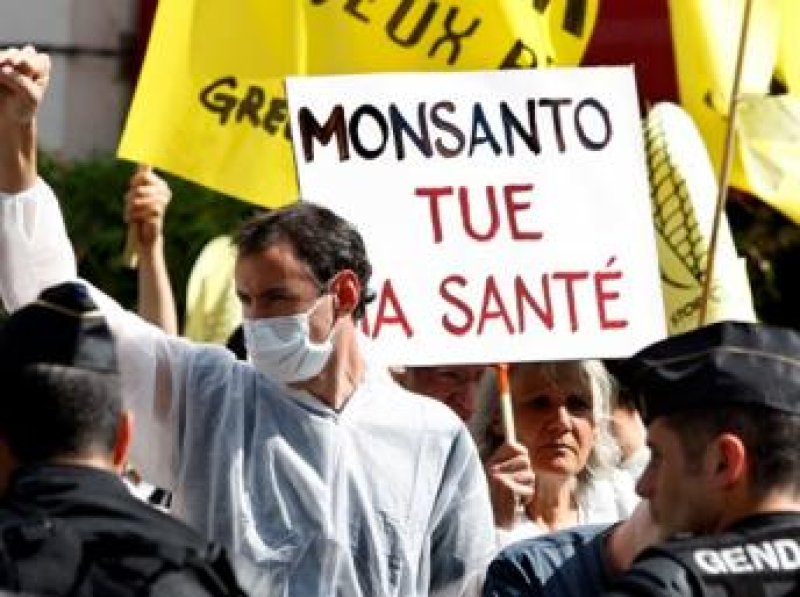This week, unnoticed by almost everyone, MEPs (Members of the European Parliment) are considering proposals by the European commission and member states to overturn a ban on the cultivation of genetically engineered (GE) crops in Europe. But it’s a step that could be undermined if anti-GE lobbyists get their way.
This little-noticed debate could be crucial for the future of European agriculture. For nearly 15 years the European Union maintained a de-facto ban on any GE cultivation despite repeated advice from independent scientists that GE should be allowed to go ahead. This ban operated because certain countries, such as France and Hungary, have made it clear that they will never approve a GE crop under any circumstances, thereby preventing any other member state within the EU’s single market from allowing farmers to plant biotech seeds.
No-one thinks that the French and Hungarians, who seem to have integrated anti-GM superstition into their cultural DNA, are going to change their minds anytime soon. So the proposals put in front of the European Parliament by the commission and member states (via the European council) were intended to allow anti-biotech countries to opt out of any pending GE crop approvals. The likes of France and Hungary would no longer have to advance their customary spurious scientific justifications: a religious-like aversion to new plant breeding technology will do just fine.
But this compromise, carefully crafted over four years of tortuous European Council negotiations, is now being undermined by anti-GE lobbyists working furiously behind the scenes in Brussels and Strasbourg. The latest proposals from the parliament’s influential environment committee have been so drastically amended that they would make the existing stalemate even worse.
Those pursuing this intransigent line will no doubt present themselves as the good guys, trying to stop the bad guys at Monsanto from enslaving European farmers. But that is a red herring. Monsanto has already publicly announced that it has given up on crop biotechnology in Europe. And in any case it should be farmers who decide which seeds they choose to grow, not city-based lobbyists working for NGOs.
With private-sector crop biotech largely out of the picture, the activists are now trying to stamp out public-sector biotech in Europe as well. To the quiet despair of scientists at national academies, plant research institutes and universities across the continent, MEPs now risk sleepwalking into approving legislation which would effectively prohibit scientific research by default. The result would be that important taxpayer-funded biotech work could be frozen out of Europe on the back of a redundant anti-Monsanto trope.
This matters because Europe is still, despite years of anti-biotech vandalism and pervasive misinformation, a leader in publicly-funded research to address some of the real challenges in agriculture. A consortium of European universities and public-sector research institutions has, for example, developed a blight-resistant potato, which could drastically reduce the need for chemical fungicides. Will European farmers ever be able to grow them? Not if MEPs rubber-stamp the latest proposals.
Read full, original article: Biotech crops in Europe could be ‘dead and buried’ if anti-GM groups succeed































